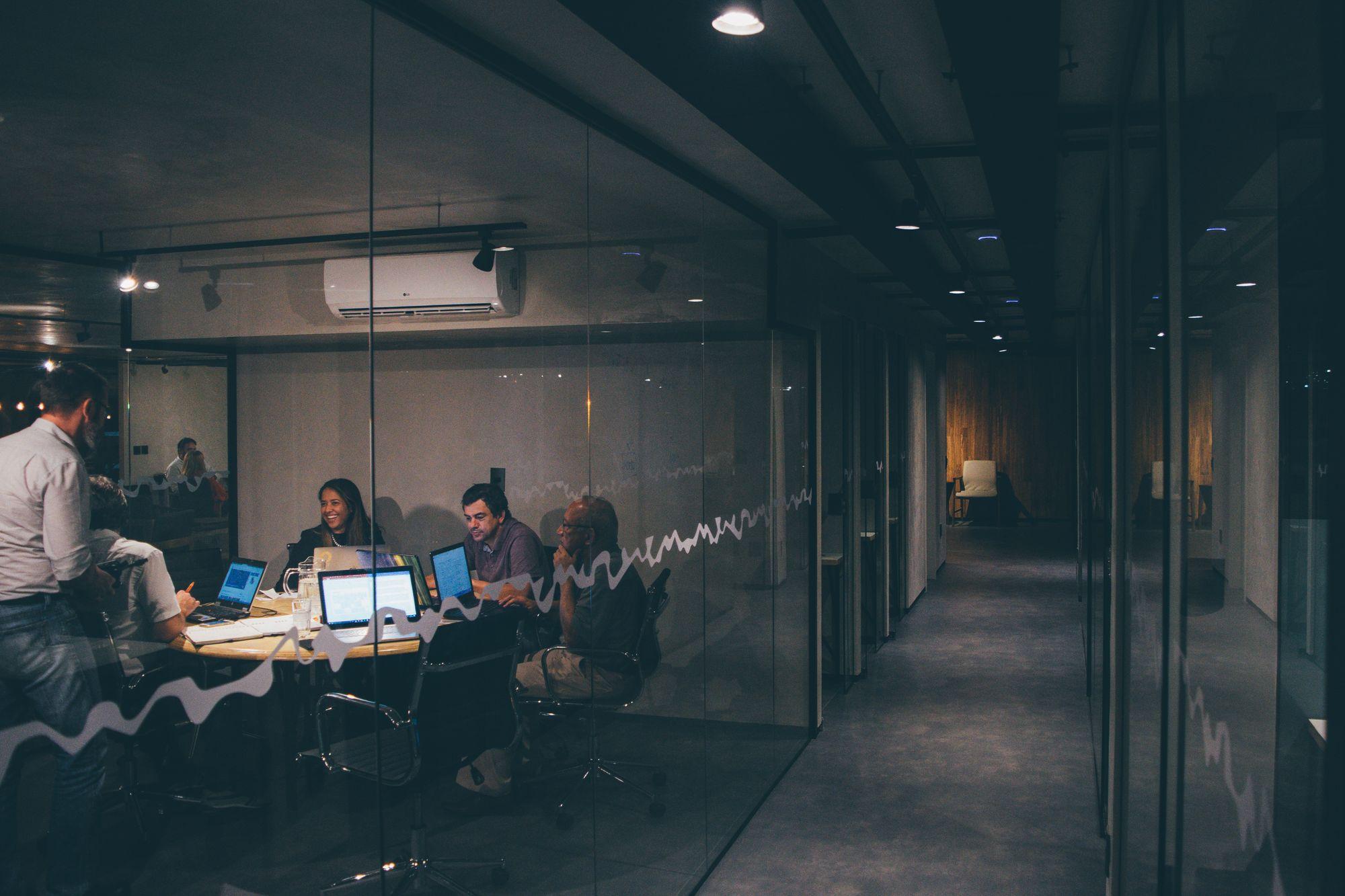If “COVID” and “Donald Trump” are top searched terms, “remote working” is probably the next on the list. To be frank, working remotely has never been too distant for us as we all have had times that we work at home. Replying to work emails at home in terrible weather isn’t that special - at least not worthy of a term or hashtag designation. But why is this time different?
Well, the most obvious answer is, this seemingly ordinary behaviour has almost lasted for half a year. And more essentially, many companies have noticed the perks of remote working and made plans to keep it.
What Exactly is Remote Working?
Remote working means that employees are working at somewhere besides the conventional office space. It originates from the idea of freelancing where people sign up for random, isolated jobs posted by others who do not have the skill or time to do. For instance, graphic design and video editing. As the details can be enunciated with a few bullet points, or at most a phone call, these "workers" aren't hired officially i.e. sign an employment contract, neither do they need to come back to the office for work. Once the job is done, the freelancer can wire the finished good digitally e.g. via email.
In these days, we may associate remote working with work-from-home (WFH). In fact, remote working can take place in anywhere except your office. This includes the local public library, the cafe next door, or simply your neighbour's empty garage. Everyone knows what are the pros of working remotely - flexibility, time and cost effective... Enough of the cliched talk. If remote working is that superb, why isn't it a thing before COVID?
Because remote working comes with costs that were not eliminated in the past.
Downsides of Remote Working
1. Ineffective Communication

Our generation is by far the most digital-savvy batch of human beings and we are more than familiar with socialising with our fingertips. Nonetheless, with all the convenience digital advancement has brought us, we still crave for physical interactions. Shaking hands, hugging and a pat on the shoulder pull two hearts together. Physical interactions are quicker and more effective in building connections.
On the other hand, body languages are more reliable than text messages and emojis when it comes to revealing one's feelings and characters. Fist holding, fingers tapping and leg crossing, they divulge the most authentic thought of your teammate. One may ponder, why should I be concerned of their opinions if they chose not to tell me? Because effective communication is the key to efficiency. You wouldn't want to dissipate time over second-guessing your partner's view on the project direction or your supervisor's approval on the next quarter's budget. Either "yes" or "no" with reasons. The worst thing that can possibly happen is workplace is knowing you have done everything wrong when you submit your work.
It may be true that people are willing to open up and express their thoughts when they can type behind the screen rather than speaking in the public. The difference worth pointing out is that, messages that popped up in your email box are edited. In other words, they are not the most authentic, raw comment. It is not the instant reaction and feedback you would receive when you approach someone in the office for advice.
Someday, technological advancement might surprise us by creating a virtual 3D representation of one another, subsequently replacing real life interactions. I am afraid that for the time being and the near future, most of us are still confined to our laptop screens.
2. Intensified Relationship Between Managers and Workers

Imagine the good old days where you and your friend were in the middle of a conversation and your parent suddenly broke into the room to check you guys out. Feeling awkward and distrusted isn't it?
Right now, some bosses are literally your parents - spamming you with text messages, arranging "mini-catchup" at 9pm, demanding detailed report on your daily progress. Let’s be frank, it is not enjoyable.
Remote working in the sense of a freelancer may be more pleasant because the clients are usually less concerned about the process. As long as you can get what he wants by the D Day, he would be satisfied. However, for a typical worker at the office, it is more likely that things don't actually have a deadline. At the same time, there isn't any concrete to-do lists that entails all the details of the project you have been working on. This lack of transparency and certainty plants the seeds of anxiety and doubt in your supervisor's head. In order to relieve his stress, he decides to hover around and check in whenever he can.
Sometimes it's not about trust. It is merely because of loneliness and losing the grasp of what is happening. Just like how we hit the search bar on Google when we do not have information on a topic we'd like to know about, our supervisor hits the textbox. Unfortunately, this good intent and natural tendency to learn more about the unknown damages the relationship between teammates by creating the sense of annoyance, frustration and ultimately distrust. Either way, it takes out the time from each side to do actual work and deters collaborations.
3. Increased Distractions and Frictions

One team standup now turns into scattered video conferencing, random text messages and emails from subordinates and superiors. Bits and pieces between your normal daily routine - two phone calls during breakfast, one video conference before dinner and one quick get-to-know-you FaceTime session with the newbie.
Life has never been this exhausting.
The problem isn't about jumping into multiple calls. It is about not owning your time and not having sufficient time blocks to hustle and grind in some real work. A scattered timetable also gets you on the nerve all day long with the thought "okay, forty minutes more then we need to call Ronald" or "hmm... what can I do in these ten minutes before the zoom session".
Work and life suddenly becomes difficult to segregate.
It may be due to the above frictions imposed by internal work sync and value alignment, it can also be the work environment. For instance, as most of us are working from home, we have to deal with interruptions by our family members. You may also need to work in the living room where you also enjoy Netflix with your spouse at the end of the day. Physical space helps us to distinguish the mentality, attitude and degree of concentration required in the piece of work. As remote working merges private life and work, many are challenged in enjoying the bliss of their private life as before. Or simply, they experience the feeling of never being able to get off from work.
Concluding Remarks
Many have said remote working is going to be our new normal. Nonetheless, all coins have two sides. Some may have managed to work remotely and stay motivated to look at the computer screen all day long, some are still struggling and stumbling upon their way in getting things straight. Coming up, we will cover what exactly are the goods instore and covering what are the latest corporate moves on working remotely.
